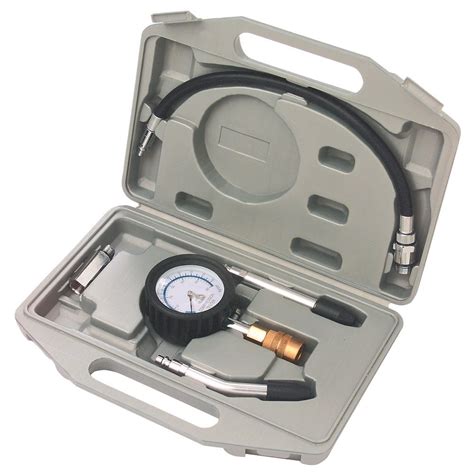are cheap compression testers any good ,accurate compression tester,are cheap compression testers any good,I purchased a cheap Amazon vacuum coolant filler and compression tester kit and find it acceptable, but I'm reluctant to go that route for higher pressures. Does anyone have any tips . OMEGA® Watches: Official website of the Swiss Luxury Watch manufacturer. Discover the brand's world-renowned watches and fine jewellery collections!

A compression tester is an essential tool for any car owner or mechanic who wants to gauge the health of an engine without the need for a complete teardown. These simple devices measure the compression pressure within the engine cylinders and can provide valuable insights into engine performance, revealing problems like worn piston rings, leaking valves, or other internal issues. However, when it comes to buying a compression tester, one of the most common questions that arise is whether cheap compression testers are any good.
In this article, we will examine the effectiveness of budget-friendly compression testers, compare them with high-quality models, and discuss the factors that impact their accuracy. We’ll also explore various categories of compression testers available in the market, including those from retailers like AutoZone and consumer auto parts brands, as well as professional-grade models, and provide some guidance on how to select the best one for your needs.
What is a Compression Tester?
A compression tester typically consists of three basic components: a hose, a gauge, and various fittings that attach to the engine’s spark plug holes. The primary function of the tester is to measure the pressure created when the engine cranks over, with the compression in each cylinder being an indicator of the engine’s internal health. A healthy engine should show consistent and adequate compression across all cylinders. Low compression in one or more cylinders can indicate a range of issues, including worn piston rings, damaged valves, or blown head gaskets.
How Compression Testers Work
To perform a compression test, you first remove the spark plugs, install the compression tester into one of the spark plug holes, and then crank the engine. As the engine turns over, the gauge on the tester measures the maximum pressure that each cylinder generates during the compression stroke. This pressure is typically measured in psi (pounds per square inch), and normal compression values vary depending on the engine type and specifications.
Once you complete the test on each cylinder, the results can be compared against the manufacturer’s specifications. If any cylinders show significantly lower compression, it’s a sign of a potential issue that requires further investigation.
The Impact of Price on Compression Testers
When considering the purchase of a compression tester, one of the first decisions you’ll make is whether to go for a budget-friendly model or invest in a high-end professional tool. The price of a compression tester can range widely, from as little as $10 for some basic consumer-grade models to upwards of $100 for professional-grade devices.
To answer the question of whether cheap compression testers are any good, let’s break down some key considerations.
1. Most Accurate Compression Tester
Accuracy is the most critical factor when selecting a compression tester. A tool that isn’t precise can lead to misleading results and potentially cause you to miss important issues with your engine. In general, high-end, professional-grade testers tend to offer more accurate readings due to their superior materials, construction, and precision engineering.
However, it’s important to note that some inexpensive compression testers can still provide reasonably accurate results for the average car owner or DIY mechanic. Many budget models are adequate for general diagnostics, especially if you are not dealing with high-performance engines or complex engine configurations. However, if you are working on a high-performance engine or need highly precise measurements, opting for a higher-quality tester is recommended.
Some of the most accurate compression testers feature:
- Heavy-duty construction: Materials like brass, stainless steel, and durable rubber ensure that the tool will withstand heavy use and provide consistent readings.
- High-quality gauges: A high-end gauge provides finer calibration and is less prone to damage from pressure spikes or environmental factors.
- Multiple adaptors: For more flexibility in fitting a range of vehicles, a good compression tester should come with various adaptors and spark plug fittings.
2. High-Quality Compression Tester
High-quality compression testers often come with a variety of advanced features that set them apart from cheaper models. While these testers tend to come at a higher price, they offer several benefits that make them worth considering for professional mechanics or anyone who works on engines regularly. Some features of a high-quality compression tester include:
- More precise pressure readings: High-quality testers use gauges with finer calibrations, often allowing for more accurate readings in 1 or 2 psi increments, which is crucial for diagnosing subtle issues.
- Heavy-duty construction: These testers are often made of stronger materials that can handle more frequent use and high pressures.
- Increased reliability: With high-quality gauges and fittings, you are less likely to experience issues like leaks, inaccurate readings, or gauge failure.
Brands like OTC, ACTRON, and Innova are known for their higher-end compression testers that are often used by professional mechanics due to their precision and durability.
3. Accurate Compression Tester

are cheap compression testers any good $14K+
are cheap compression testers any good - accurate compression tester